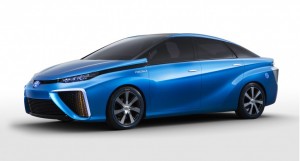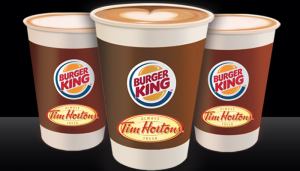Taseko demonstrates the steps it will take in mitigating the mines’ effect on the environment in their video. However, it is hard to believe that the project will come at the cost of minimal damage and minimal risk. The federal government has rejected the company’s proposal on two separate appeals claiming that the tailings of the mine will eventually destroy Fish Lake. From Taseko’s perspective, they must be frustrated. They have the world’s largest copper gold deposit right in front of them, yet they cannot monetize it, especially after the Tsilhqot’in Park Plan.
Taseko must realize how large of a stakeholder First Nations are. The Vice President’s comments in regard to the Tribal Park is unacceptable; “I don’t really know what it means. I don’t know what a tribal park is, how it’s constituted, and what may or may not be allowed.” His comment shows a lack of understanding and appreciation for First Nations and their society. In order for Taseko to have any chance of harnessing BC’s invaluable resources, they must develop genuine relationships with their key partners, the First Nations. If the two sides are on the same page, perhaps, it is possible for the First Nations to see potential benefits such as job opportunities. With proper training, First Nations can acquire skills that can lead to long term careers. The collective potential of projects like this is enormous in terms of fiscal and economic benefits for British Columbia.


